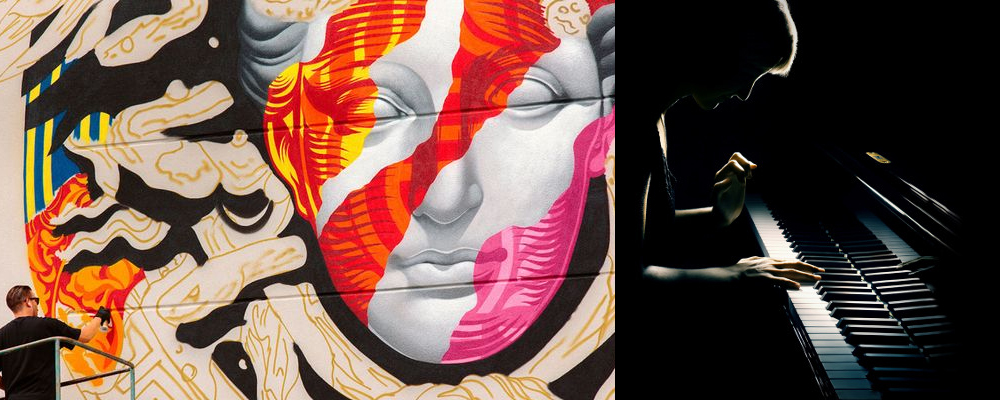When an artist composes, he represents an impression. Whether it is in the form of art, like a photograph, as a motion picture, or in any composed form, the idea belongs to the creator, by the creator. It must be preserved and who and what entity created it. The ideas generated should be of no importance and should not be related to the determination of title in the means to be funded or implemented. Moral rights are symbols of social conditions related to authorship, creativity, and inventive product.
Copyright is a type of intellectual property protection granted under Indian law to creators of original acts of a product such as literary works, dramatic, musical, and artistic works, cinematographic films, and sound recordings.
Copyright law protects the illustration of ideas. Under Section 13 of the Copyright Act 1957, copyright protection is offered on balletist works, theatrical activities, musical activities, artistic products, cinematography films, and sound records.
Need A Legal Advice
The internet is not a lawyer and neither are you. Talk to a real lawyer about your legal issue

Moral Rights Of Artists In India
Moral Rights:-
The Indian Copyright Act, 1957 provides pre-requisites for ethical claims. Indian copyright does not confer moral rights to the artist, but it provides a special power to the artist, i.e., moral rights. These benefits are autonomous and are similar to the author’s commercial license.
The expression of Section 57 is of wide potential and includes not only literary activities but also visual and audio signals.
The moral rights are as follows:-
1. Paternity right
2. The integrity right
3. A general right
Commissioner’s license for privacy relating to photographs or films made for personal and domestic use. Complying with Section 57 of the Indian Copyright, an artist is free to demand the production of the product. They are also empowered to handle contravention under section 55 or demand depreciation. Individual protection of copyright may be sought even after the distribution of copyright.
The manufacturer of a product is free to challenge the production of the product and to control or claim depreciation in respect of any misuse, distortion, alteration, or additional work relating to the product, if such misuse, distortion, alteration, or other The action is contrary to his honor or credibility. Moral rights are accessible to artists even after financial rights permit. (Section 57)
It is the right assessment of the due care with which intellectual property is protected. The provision of section 57 states that the author shall not have the right to withhold or claim damages in respect of any adaptation of the computer program by the lawful holder of a copy of the computer program for which it was supplied. And to make backup copies as temporary protection against loss. By proviso, this clause also grants exclusive rights to the authors of computer programs.
Under section 57, the artist has the power to prohibit infringement or demand depreciation for infringement of copyright. This section contributes an exemption to the law that after an artist withdraws with his powers in support of an administrator or other body, the latter has the right to sue in praise of the infringement. These benefits are autonomous of the creator’s copyright and provide open assistance to the creator following section 55.





 Talk to a Lawyer
Talk to a Lawyer